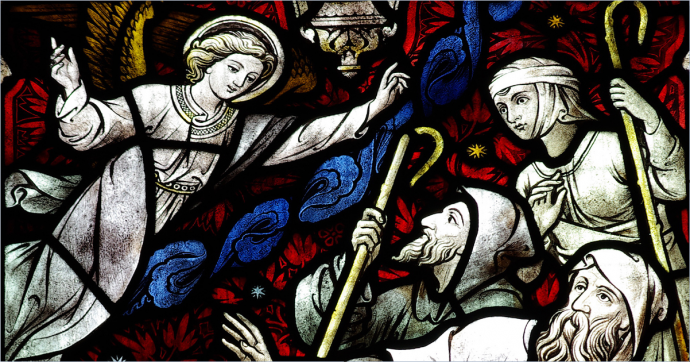By John Stonestreet and Roberto Rivera:
In his book, “The Triumph of Christianity,” (which, by the way was one of Chuck Colson’s favorite books) historian Rodney Stark describes the Roman world of that first Christmas Eve.
The gods, Stark writes, “were everywhere and thought to be undependable.” Apart from “some magical powers” and “perhaps the gift of immortality,” there was little to distinguish them from their human worshipers: “they ate, drank, loved, envied, fornicated, cheated, lied and otherwise set morally ‘unedifying examples.’”
And, not surprisingly, they didn’t care one bit about those who worshiped them. All they wanted was to be propitiated.
In other words, Christ entered into a culture in which the gods of the age were not worthy of worship.
And Roman society was just as oppressive and undependable as its gods. For most people, life in the empire’s cities could be fairly described, to borrow a phrase from philosopher Thomas Hobbes, as “nasty, poor, solitary, brutish, and short.”
This was world into which Christianity was born. And still Christianity triumphed, not least of which because it offered an alternative to the oppression of Roman society. It offered another way than the dead-end of paganism, a way so compelling that it outweighed the obvious social disadvantages of being identified as a Christian.
As Stark writes, “in the midst of the squalor, misery, illness, and anonymity of ancient cities, Christianity offered an island of mercy and security.”
I hope that when you hear Stark’s words, you realize that we also have something far more compelling to offer our contemporaries as well.
Many of our contemporaries also worship deities that are undependable and scarcely distinguishable from their worshipers.
The Oxford English Dictionary defines “worship” as “the feeling or expression of reverence and adoration for a deity.” Worship transforms the worshiper. As Ralph Waldo Emerson wrote, “the Gods we worship write their names on our faces; be sure of that . . . thus, it behooves us to be careful what we worship, for what we are worshipping we are becoming.”
Read more: Breakpoint
Image credit: www.breakpoint.org.

